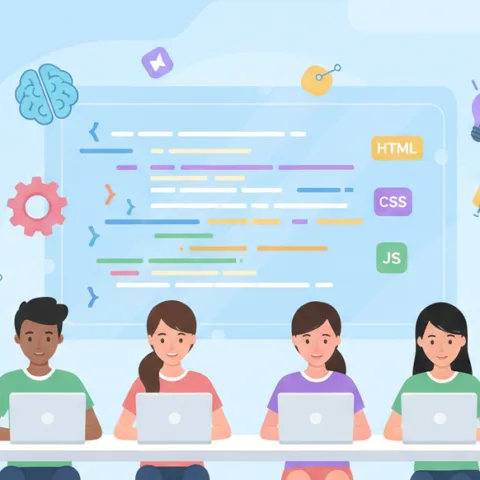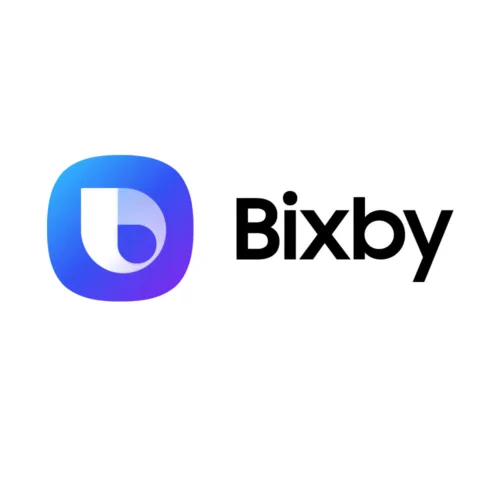Usually it takes sometime for me to answer such question or I just give my best two cents smile because the context is not well defined. We hear a lot of myth of being good software engineers and mostly more familiar with the other side of the equation – the bad habits of software engineers, such as lazy-pseudo-hacker, dictator, brute-force superman, careless tai-chi master, overcautious, Google-bot, documentation-hater, not-a-tester, dirty coders, ninja-turtle, or maybe to be more business-centric, we call them short-term-investor. You don’t need to consult the experts in Quora to get to know their bad behaviors, as obviously you are familiar.
Let me make my own definition on the question – if we care about bad, good or great – or any level of judges, it means we talk about employment role inside company as software engineer, where people have to work with others. My opinion in this post will not work for free-mind individuals who are doing it only for fun to achieve masterpiece, they don’t have KPI or job evaluation by the way.
First of all, most long answers in Quora on “How to Become Good Software Engineer” dominated by Googlers (less Microsofties nowadays but may change later) who proudly explained importance of fundamental or analytical part to perform the role, like math, compiler, algorithm/data structure, crypto, parallel-distributed algorithm, artificial intelligence, or practical skills like coding, programming language, test, debugging, framework, tools, domain expertise, SDLC, etc.
It looks like you need Master degree or maybe PhD from top CS school before taking a role at Google (or later MBA to ladder up once you get in). Uppss – as I mentioned AI – that requires numerical/scientific computing, statistics, probabilistic, and many more. I’m lazy to write all but to give it a name I pick hard skills. (I am free to give any name to anything, as this is my blog).
OK – before you think you are not fit to become good Software Engineer because of above paragraph, you may have to look Life and Time of Anders Hejlsberg sometime, not only Martin Odersky, Ken Thompson or Terence Tao who have proper genius level academic background. Many other stories like that we can found – even though I’m not really recommending it for my kids. It may helps to know all of those academic hard skills, but no guarantee at all.
In any profession that requires people to work with other people, it takes time to become good at, not only in engineering. Why? The problem domain is much bigger. Software engineering is no longer single person craftsmanship to write codes and the physics of it becomes physics of people and its business focus. If I list down the competencies to deal with people and business, you’ll get longer list for sure.
Just to name a few, communication, writing, presentation, listening, business-awareness, social-awareness, time management, daily discipline, product planning, estimation, and the scariest one – leadership. There is no fundamental law to deal with people and business till now. All of us have to experience, read, learn, think, discuss and practice a lot of things to get better on it. Lets give it name, soft skills.
Assuming you agreed on my naming convention – hard and soft skills are not something people can build in short time period. To be a good software engineer, you have to balance both, gradually become good at both. Yes, it takes time but if you really want do it, it is not impossible. How long?
Most of young fresh graduate will NOT like my consistent statistical answer, 10 years to be good at something. Lucky if one started early by any reason, for example he started to love math and code since high school because his father bought him a computer and he got to love it. As I used love to state a more than casual interest, don’t be confuse. You can pick any other profession – I believe even Clown Balls needs 10 years to be good at balancing practical and entertaining skills.
People who are not accepting the statistical rule of 10 years usually choose to under estimate the process or even worst the contents of learning. They will say – fundamental/analytical knowledge and skills is perfectionism, they are biased to weight more on the practical/pragmatic skills. In fact – balancing is key and it takes time. Hard vs Soft, Perfectionism vs Pragmatism, Sprint vs Marathon, Business vs Technical, all needed to be balance and it takes time.
Be humble to accept the 10 years rule will give you steady state to focus on building competencies. No matter where you started – from high school math level or top CS school level. People who started earlier will secure more time, but if you were not, don’t worry. Average working period now is around 30 years, you can still spend your first 10 years to be good software engineer competency, push yourself hard (usually only hard at the beginning), and stay passionate about it.
The problem is when you are not accepting the rule and live with full of biases for later ending up wasting time never be good at anything. Assuming you do, then you can read on all of Googlers formula in Quora and start building your hard+soft skills with deep humility. Enjoy the process and find the beauty of small things you do. As Feynman said:
There’s plenty of room at the bottom where you can find beauty of small things.
Once you decided, then you have to pay the price. Software engineering works requires you to have durability to focus (without distractions) on specific analytic, craftsmanship, people and business related problems. Your System 2 have to work 4-8 hours a day consistently and your System 1 perhaps same or lesser. System 2 is part of your brain that is slower, more deliberative, effortful, infrequent, logical, calculating, conscious and more logical. System 1 is fast, automatic, frequent, emotional, stereotypic, subconscious. Yes, it is hard for average people to balance between System 1 and 2, not easy.
Look back. You started with math in school, then learn other fundamentals gradually. Be good at algorithm and data structure first, try to translate the computation concept to programming languages, get to learn not-only-one language (but be really good at one first), get a job at good-culture company, write lot of codes, invest your time to think before code, read other people codes, read papers to help you solve complex technical problems, care about quality of code you write, communicate, documenting, testing, and all of those engineering, people and business stuffs.
Yes, never forget the balance between hard and soft skills. With availability of MOOC now – like Coursera, Udacity and Edx, you can learn from the best even for free. You can get best Professors teach you on things you want to learn. Enjoy the journey, as it is really worth to pursue nowadays. Don’t get distracted by startups dream if you are not really ready (be honest on your assessment).
–
The post was initially published at Risman Adnan’s personal blog and being republished with his permission.
Risman Adnan is currently Director at Samsung R&D Institute Indonesia. Prior to that, he worked for 10 years at Microsoft Indonesia.










